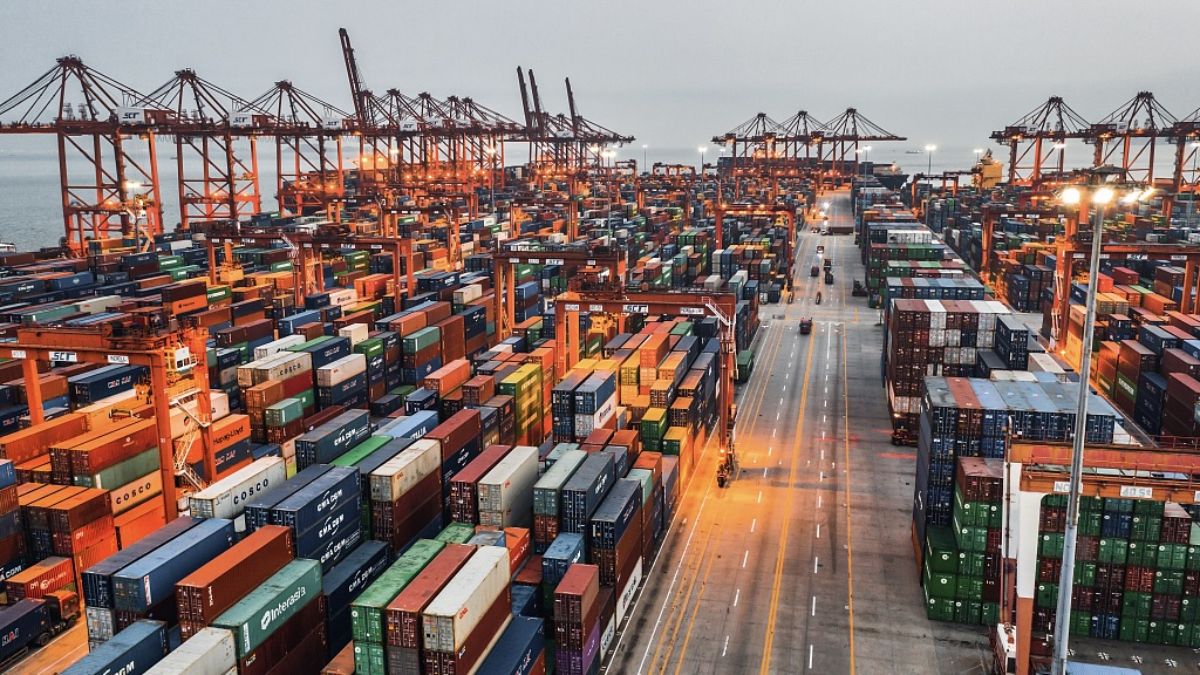China’s foreign trade is set to maintain stable growth despite facing numerous external disruptions, according to a Chinese customs official on Tuesday. Lyu Daliang, spokesperson for the General Administration of Customs (GAC), shared insights into the country’s trade performance, attributing the resilient growth to solid foundations laid in the first half of the year. The interview details were provided by Xinhua News Agency.
Data from GAC revealed a 6.1 percent year-on-year increase in the country’s goods trade volume, reaching 21.17 trillion yuan (approximately 2.97 trillion USD) from January to June. Exports rose by 6.9 percent, while imports grew by 5.2 percent. Notably, the cross-border e-commerce trade volume surged by 10.5 percent, totaling 1.22 trillion yuan, bolstered by supportive policies such as the establishment of pilot zones and facilitated customs clearance.
Lyu acknowledged that maintaining this growth trajectory would be challenging due to a complex and volatile external environment marked by rising uncertainties and geopolitical risks. He highlighted that unilateralism and protectionism adopted by some countries have disrupted global industrial and supply chains. Additionally, shipping disruptions and escalating freight rates, particularly amid Red Sea tensions, are exerting pressure on foreign trade enterprises with increased costs.
Despite these challenges, Lyu expressed confidence in the long-term development of China’s foreign trade. He emphasized the country’s strengths, including its vast domestic market, comprehensive industrial system, and supportive government policies, as key factors underpinning continued growth.
To sustain the positive momentum, the GAC plans to ensure the implementation of supportive policies, promote the trade of intermediate goods, and facilitate the import of advanced technology and equipment. Additionally, efforts will be made to streamline customs clearance procedures and enhance services to support the burgeoning cross-border e-commerce sector.

